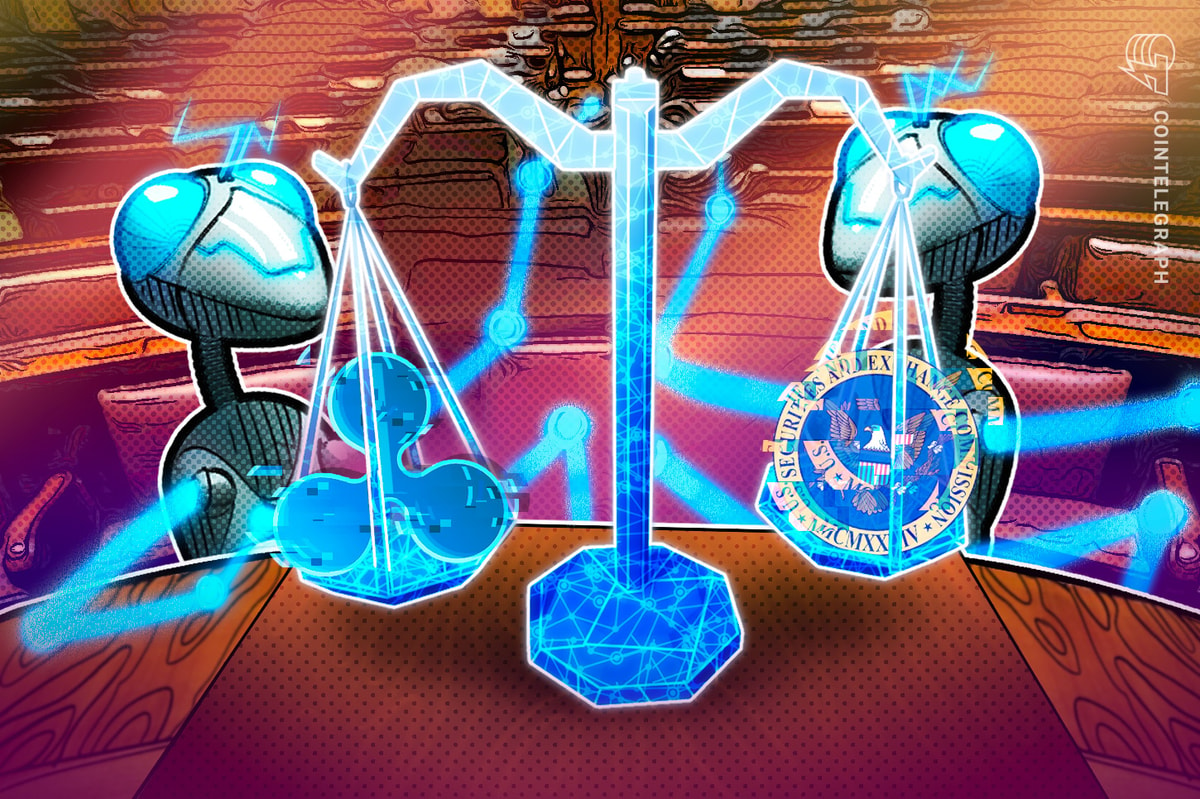Like mourning a death, getting laid off from your job can drag you through the classic stages of grief: denial, anger, bargaining, depression, and acceptance. The loss of your job not only means loss of income, but also loss of workplace friendships, your identity, and purpose.
“People don’t always equate grieving with job loss,” said Farah Kotadia, founder of Wellness Works Counselling in Vancouver. “By sitting with our grief, we’re actually reflecting as well, and we’re thinking about our next steps… so take the time to grieve.”
If you miss certain co-workers, Kotadia suggests reaching out to them. “In a job, there’s always pieces that we like and pieces that we don’t like, so what resonated with you? Where does passion come in?” she said.
Grief in the context of job loss could take a couple of weeks, a few months, or even a year to process, said Kotadia. One day, you may feel hopeful sending out five job applications with cover letters, and the next day, you may feel like not getting out of bed.

“That’s OK. That’s normal. That will happen,” she said.
Consider getting legal advice for your severance package
While emotions can run high immediately following a layoff, employment lawyers advise not to act on them.
“I don’t want people to take this opportunity to tell their bosses everything they hate about them or bad-mouth the company to others,” said Lior Samfiru, national co-managing partner at Samfiru Tumarkin LLP. “All of those things could bring legal action against the individual, but equally as important, may make it that much more difficult in resolving a severance issue.”
Samfiru said individuals and employers alike misunderstand provincial employment standards, which often require workers to be paid one week of salary per year of employment.








